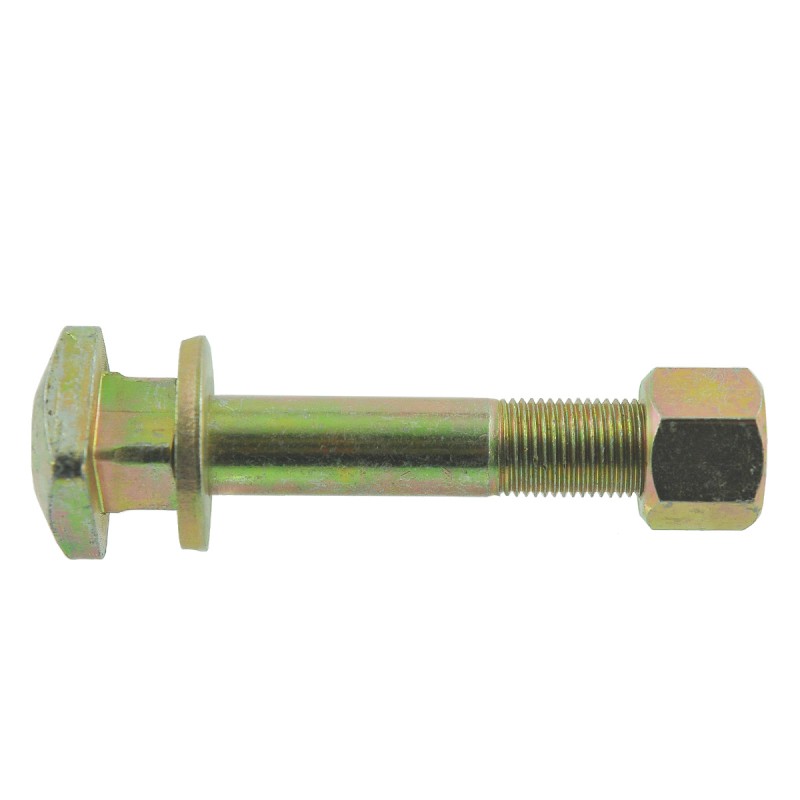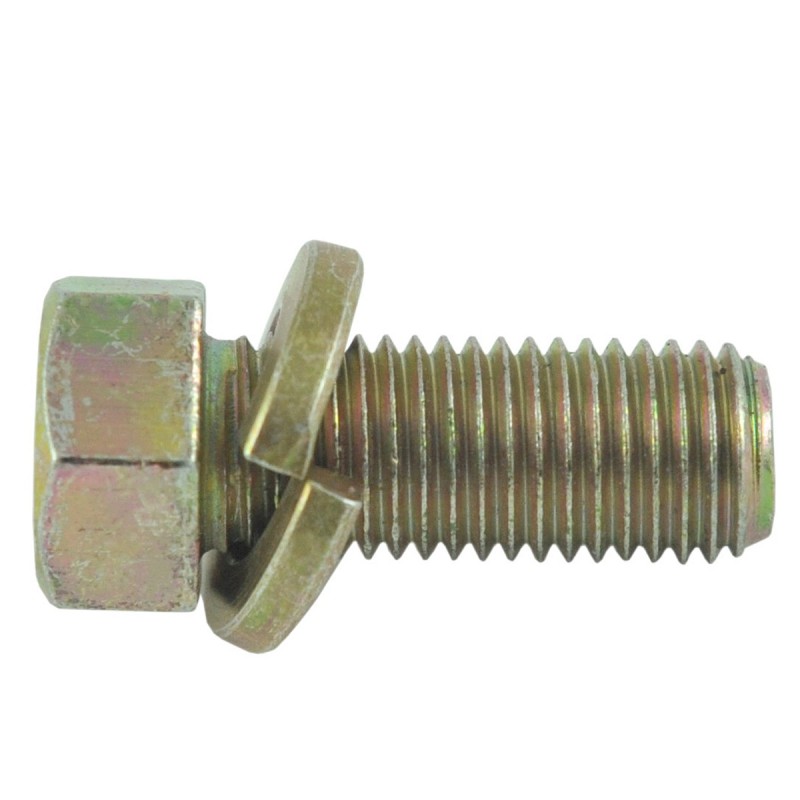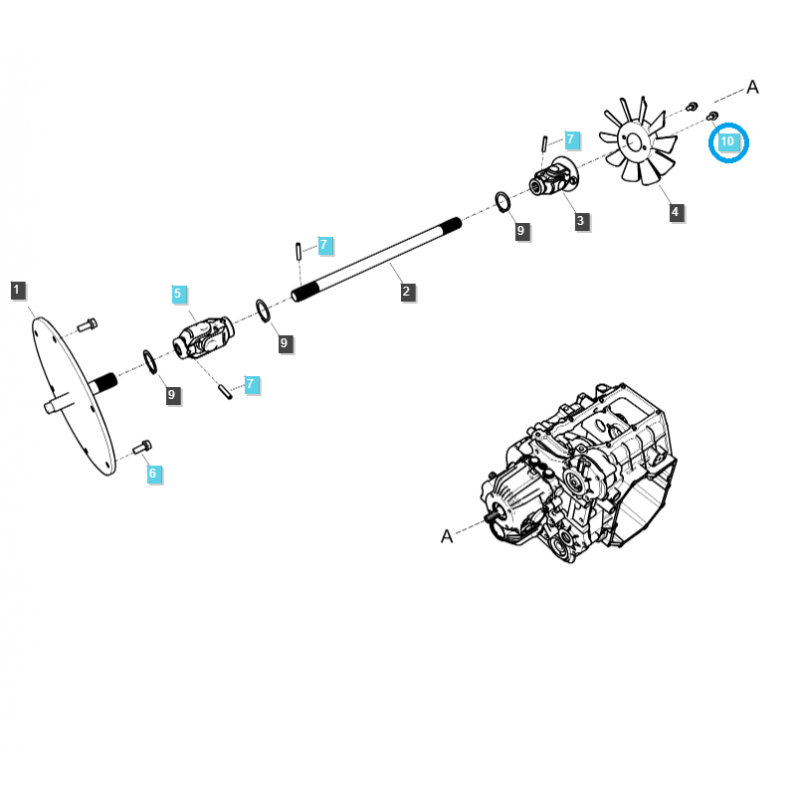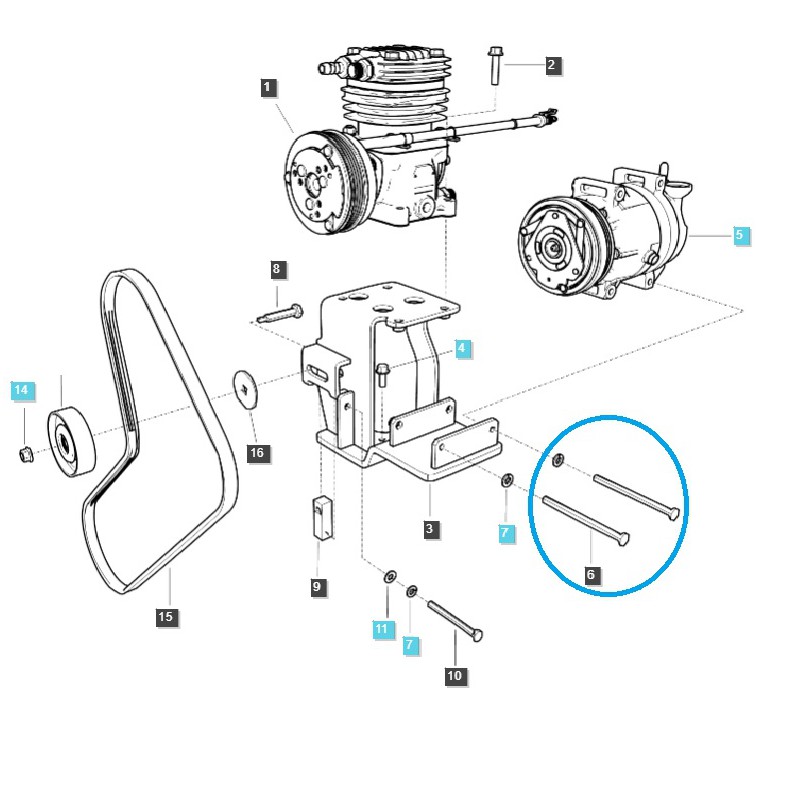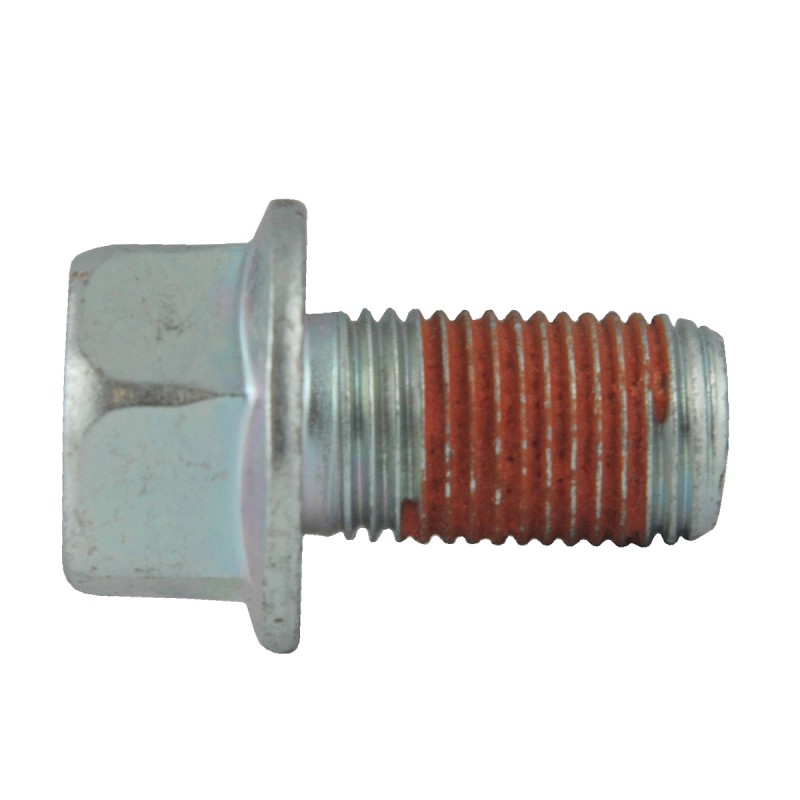zł40.00
Sort by:
Showing 1-12 of 215 item(s)
zł26.00
zł45.00
zł20.00
zł55.00
zł25.00
zł6.00
zł8.00
zł7.71
zł5.14
zł17.72
Bolts, nuts and washers
Screws
Screws used in agricultural machines must meet high requirements regarding strength and resistance to difficult working conditions, such as changing weather conditions and mechanical loads.
Types of screws used in agricultural machines:
- Hexagonal head screws (classic and Allen): Used to connect the main structural elements of machines. They ensure ease of assembly and disassembly using standard tools.
- Countersunk screws: Used where a flat surface is required when attached, such as in covers or parts that need to be smooth.
- Shoulder screws (specialized): These have tight tolerances to fit precision holes. Used in places requiring high precision, e.g. in gear mechanisms.
- Pan head screws: Used in places where aesthetics or limited space are important. Often used in tractor cabs or machinery where the head should not protrude.
Nuts
Nuts are an important element of screw joints, ensuring stable and durable connections. They are used in conjunction with bolts, screws and other threaded components.
Types of nuts:
- Hex nuts (classic): The most common and versatile nuts. They have a hexagonal shape that allows easy tightening and loosening using an open-end, box or socket wrench.
- Flange nuts: They have an integrated flange that distributes pressure over a larger surface. They provide greater connection stability and reduce the risk of loosening.
- Self-locking nuts (with nylon insert): They have a nylon insert that prevents the nut from loosening on its own. Perfect for applications where vibrations occur.
- Castle nuts: These have slots on the top that allow you to secure the nut with a cotter pin. Used in connections where additional locking is required.
Pads
Washers are small but important fastener components that are used in conjunction with bolts, screws and nuts. They have various functions, such as distributing the load, protecting the material surface and preventing loose connections.
Types of washers:
- Flat washers: The most basic and common type of washers. Used to spread the load of the bolt over a larger area, protecting the material from damage.
- Spring washers: They have a special design that prevents connections from loosening due to vibration. They work on the principle of elasticity, which helps maintain constant tension in the connection.









